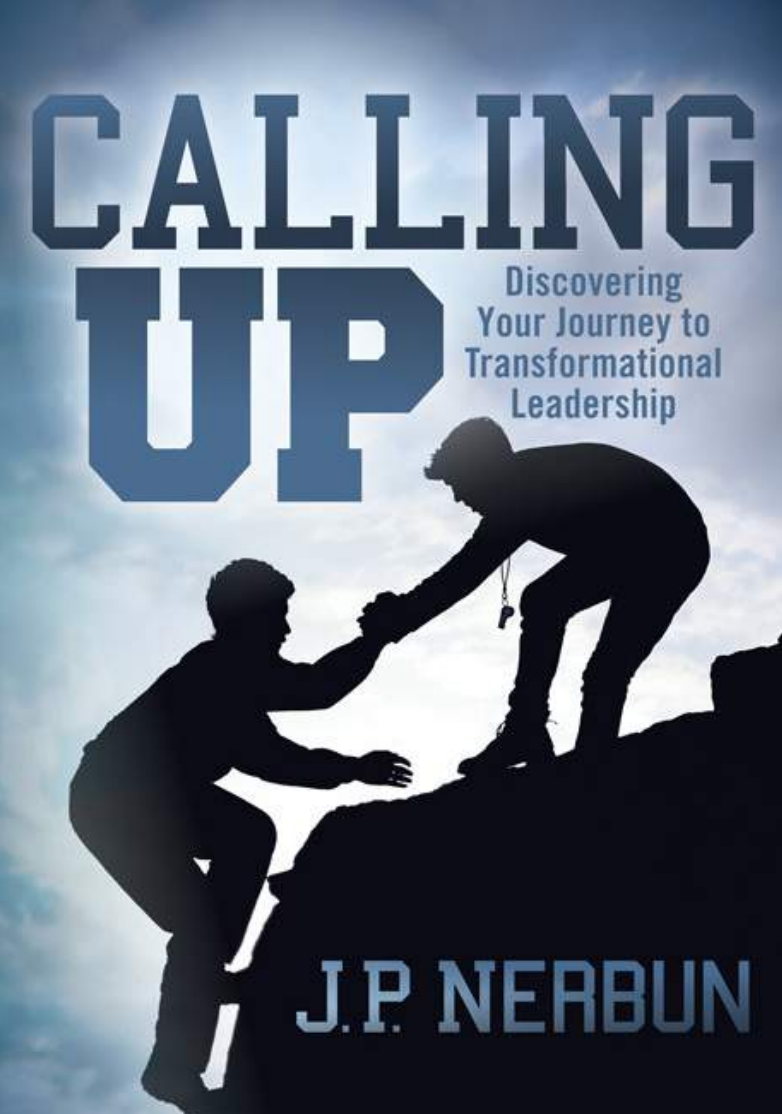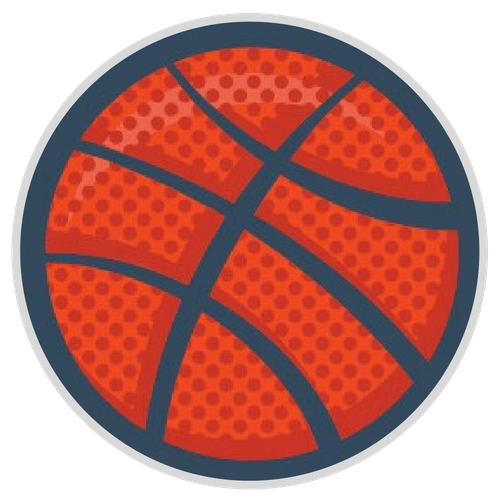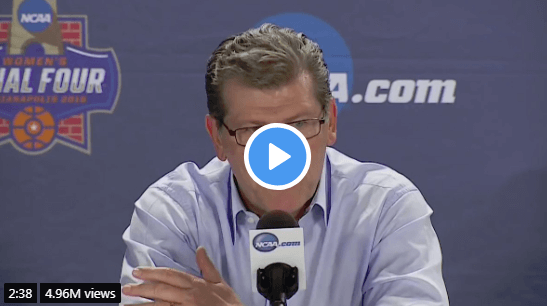Youth sports is one of the most hot-button topics in athletics today. There is the debate between multi-sport athletes and specialization, appropriate competitiveness at younger levels, the rise of club sports/AAU, parent-coach dynamics and the shortage of officials. Behind all this is the common refrain that kids these days are lazy, inactive and need constant guidance, all brought on by the rise of technology. And it’s true, the rise of technology has given children and young adults so many options as to how to spend their time, many of which involve a screen, that they are playing outdoors less.
However, what if I told you that every problem facing youth sports, even its rapid growth, all comes down to one factor? Adults. Yes, adults are the core of every problem facing youth sports.
While youth sports have been around for a very long time, they really began to explode at the turn of the century. It used to be kids played a fall sport, a winter sport and a spring/summer sport. Some had the option of playing VFW or American Legion baseball. Those were the primarily options when I grew up, with the occasional kid playing out of season hockey, fall baseball or the occasional summer basketball tournament. Things like AAU or year-round sports had not quite spread to western Wisconsin.
At the same time, technology and electronics were booming with the rise of gaming consoles. Hours were spent indoors playing them, and the lack of physical activity scared parents and society. However, instead of just limiting electronics use, or taking them away at times, parents resorted to youth sports and other activities. They started signing their kids up for anything and everything that got them out of the house and active. Youth sports leagues blew up, as did after school activities.
This gave rise to the stereotype of “always on the run” and the humble-brag of “being so busy“. Parents constantly running kids to this sport or that activity that they never spent any time at home. Kids no longer have time to “play outside” or organize those lamented pickup games of baseball, catch, etc., when they are constantly being shipped all over the place by their parents. They are not given the chance, and when they are, they are too tired to do so.
With the growth of youth sports, and the heavy investment by parents, came expectations. Parents pay good money for their kids to play in this league or that league, so they expect results. The leagues used to be for those kids who wanted to develop, but now all that matters is the trophy at the end, and how much playing time a child gets.
The enhanced competitiveness puts pressure on the kids, coaches and officials. It strains those relationships as parents put pressure on the coach to win, the coach demands more from players and that all-around stress spills over to confrontations with/abuse of officials. Think of the viral videos you see of confrontations with officials, how often are those because of the players? Not very. A vast majority involve parents and spectators who have lost all hold on reality and their role in athletics.
Even the recent NCAA basketball scandals involve adults wanting to get ahead by taking advantage of kids with help from other adults. Hardly any of the money involved ends up in kids’ hands. Instead, it all goes to the parents, coaches and handlers.
Adults are the problem with youth athletics, not the kids, and the only way to reverse the effects are to trust the kids. It’s great if your child wants to play AAU basketball, fall baseball or attend winter football camps. But if they do not, please do not sign them up for something to “keep them busy”.
Instead of Saturday martial arts, play with them outside. Kids do not hate playing outside, but they would like someone to play with. Arrange playdates when they are younger with neighbors. Encourage them to knock on doors. If you do not want them playing video games in the middle of the day, do not sign them up for a baseball league; just take away the video games. Spend more time at home and more time directly interacting with your kids. I promise you will like the results.
Read Full Article
Alec Hamilton is a RiverTown Multimedia sports reporter covering Hastings, Farmington and Rosemount athletics. He graduated from Drake University with a journalism degree in 2014.










